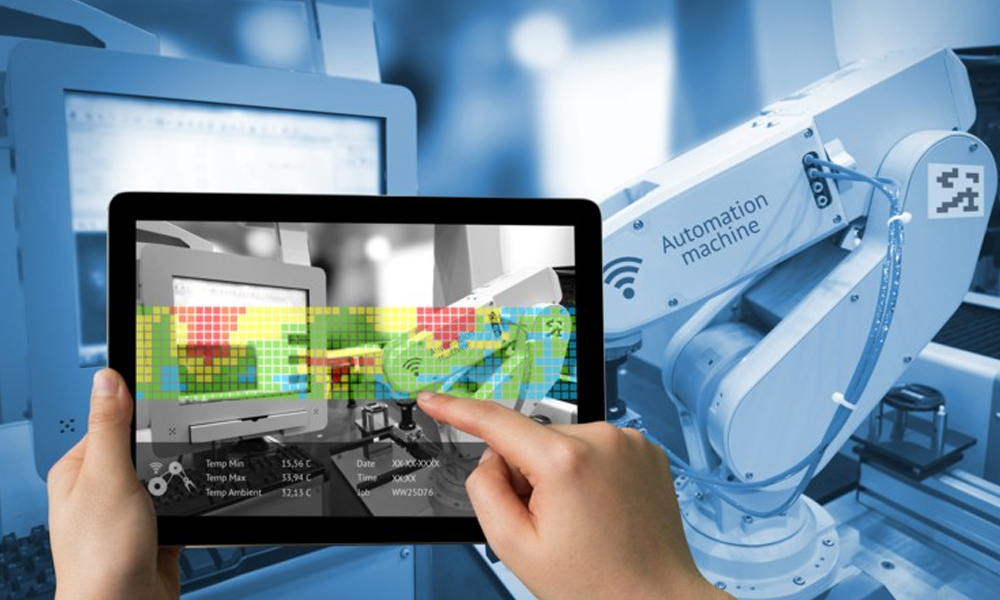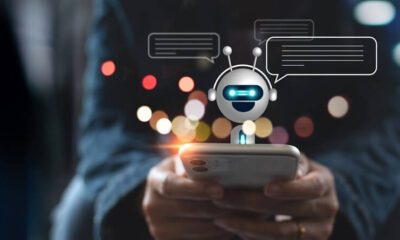
Automation may destroy some jobs, but may create many more.
Is Automation a Real Threat to People’s Jobs?
There are stories in the news saying that automation will replace real human jobs, and that causes many people to worry about the future. What does a society look like that doesn’t need human workers?
Many organizations and think tanks are trying to predict what the real impact will be with the automated services that are already coming up. The writers at MIT Technology Review searched the literature for predictions on how many jobs will be lost, and they found a wide range of numbers.
Jobs Lost, Jobs Found
While many have focused on the number of jobs which will be completely destroyed, others have tried to estimate the number of jobs which will be needed because of automation. For instance, PWC, Oxford University and the Bank of England predicted that between 58 and 80 million jobs would be lost in the US because of automation by 2035.
Others like the World Economic Forum (WEF) predicted that while some jobs would be gone forever, other jobs would move in to take their place. Their prediction, based on a sampling of 20 countries, was that while 7,100,000 would be destroyed by the year 2020, there would be 2,000,000 new jobs because of the automation.
The International Federation of Robotics looked at it from the opposite view and predicted simply that automation would bring 1,900,000 to 3,500,000 jobs worldwide by 2021.
Experts Don’t Agree
While no one can deny that businesses are going to replace human workers with machines in order to save money and gain efficiency, even the top economists can’t agree on how many jobs that will affect. People can consider this information, though, when choosing careers, and this is how it is helpful to have predictions.
Preparing for the Workforce
When choosing careers, people need to consider what kinds of jobs might become obsolete because of technology. There are estimates that half of the tasks people do can be automated.
School advisors, in high school and college, need to be helping students make choices which will benefit them later. Jobs which are almost sure to be automated need to be downplayed, and students need to have the information to make good choices which will help them find fulfilling, long-term careers.
For those who are already in the workforce in positions which are likely to be automated in the future, there needs to be a plan for what they will do well before the jobs are lost forever.
Planning for a Bright Future
Clearly, there is hope if people are prepared. In the past, technology ended up creating more jobs than it destroyed. That may or may not happen in this next wave of technology, as automation specifically takes aim at many jobs.
However, this is really a strong call to be prepared. With more automation of menial or repetitive jobs, there will be an echoing need for more people to work in technology.
Growth in the Economy
One reason the rise in technology worked out so well in the past was that when technology came in to help businesses, it had a good effect on the overall economy. When the economy was stronger, there were more opportunities for business growth and other job opportunities.
While the future is uncertain, it isn’t necessary to be frightened of what it will bring. Change can bring new possibilities and chances to succeed. The important thing is to be ready for it.



